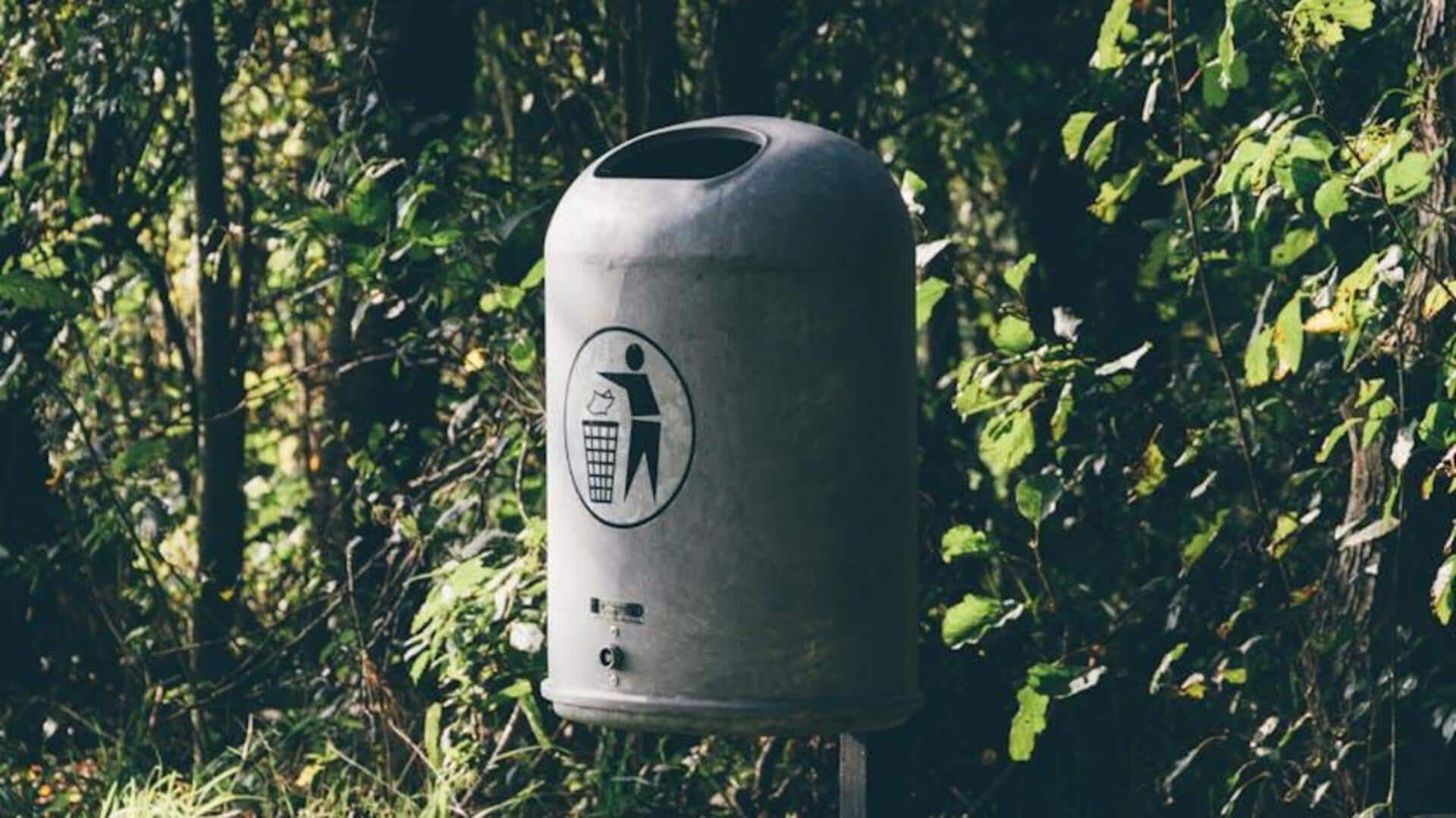
How to minimize waste on your outdoor adventures
What's the story
Zero-waste wilderness backpacking is a way to enjoy outdoor adventures without leaving a trail of trash behind. This philosophy is all about leaving no trace, minimizing waste, and protecting the pristine beauty of nature. With a little extra planning and a commitment to sustainability, you can explore the great outdoors without leaving a harmful footprint.
Preparation
Planning your zero-waste journey
The first step toward a zero-waste hike is thoughtful preparation. Ditch single-use plastics and choose biodegradable and reusable options instead. Pack your food in reusable silicone bags or containers instead of disposable plastic bags. This small change can significantly reduce waste. And, invest in a good water filter. This will let you refill your bottle from streams and rivers along the way, eliminating the need for disposable plastic water bottles.
Gear selection
Selecting eco-friendly gear
Choosing the right gear is key to a zero-waste backpacking adventure. Go for items made of sustainable materials like organic cotton, bamboo, or recycled polyester. Plenty of outdoor brands now have green options for tents, sleeping bags, and clothing that are not only durable but also eco-friendly. And, always fix the old gear before you decide to buy new. It's all about extending the life cycle of a product.
Food management
Minimizing food waste on trails
Meal planning is key to managing food waste in zero-waste backpacking. Plan meals thoughtfully to avoid overpacking and wasting food. Choose dehydrated meals for their lightness and minimal waste compared to canned or packaged options. Composting organic waste can minimize your footprint, but ensure it's allowed in your area to prevent attracting wildlife.
Environmental ethics
Leave No Trace Principles
Following Leave No Trace principles is crucial in zero-waste wilderness backpacking. These rules include packing out all trash by disposing of waste properly, minimizing campfire impacts by using a lightweight stove or designated fire rings, respecting wildlife by observing from a distance, and being considerate of other visitors by keeping noise levels low. Adhering to these principles helps keep natural areas unspoiled for future generations.
Community involvement
Engaging with local conservation efforts
Want to take your zero-waste backpacking to the next level? Get involved in local conservation efforts and leave a positive impact on the environment. Many destinations have programs for hikers to participate in trail maintenance, habitat restoration, or even become ambassadors for responsible outdoor education. Not only will you help protect the places you love, but you'll also gain a deeper appreciation for the natural world.